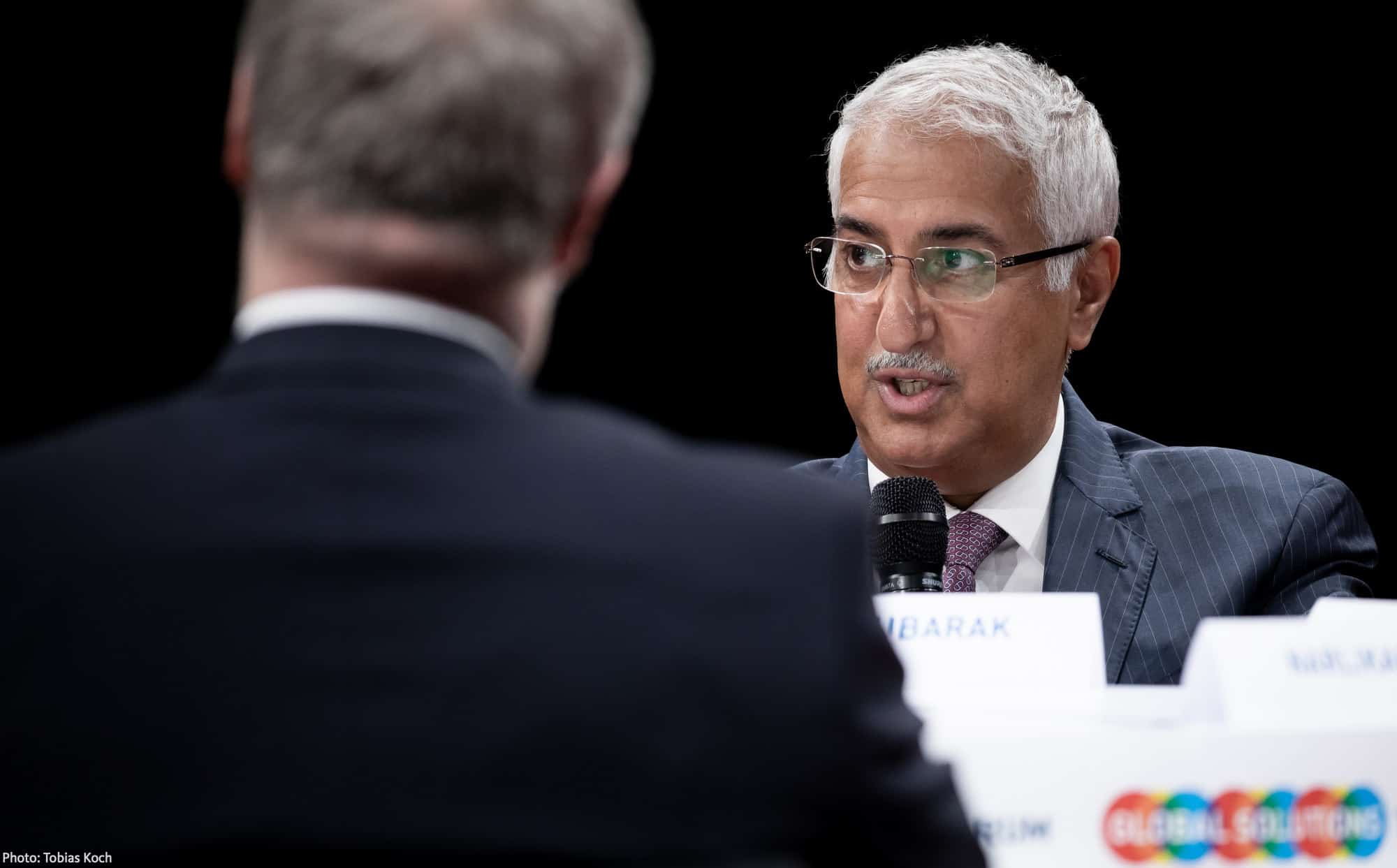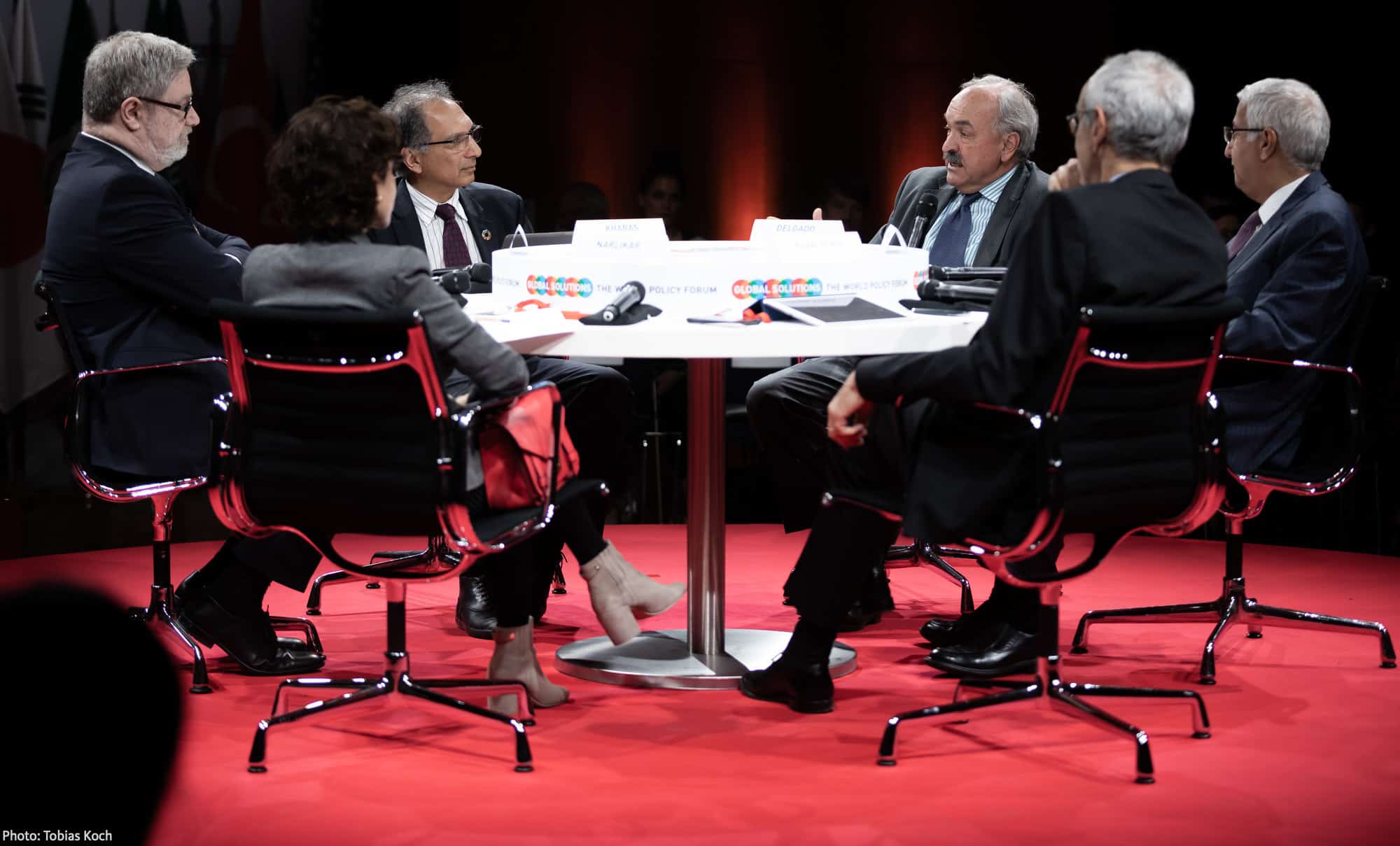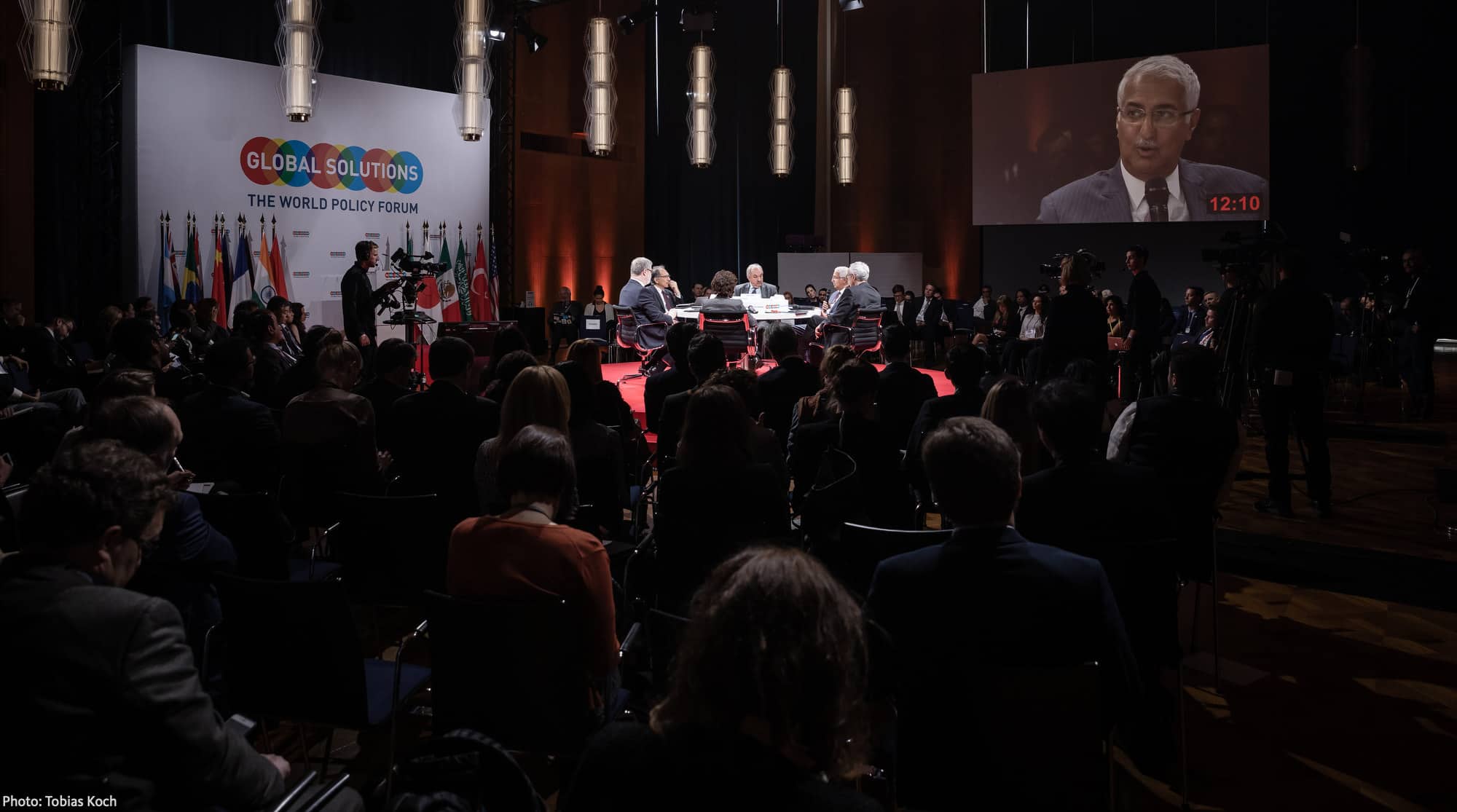When Saudi Arabia assumes the G20-Presidency in December, it will become the first Arabic nation to lead this intergovernmental body. This presidency – like the presidencies of other international bodies such as the G7 and the Council of the European Union – will be challenged by a central paradox: Global risks like climate change, demographic developments, such as low birth rates, rising life expectancy and aging societies, and the ways in which data are reconfiguring society require international cooperation and worldwide policy dialogue, but rising populism and nationalism are preventing progress at the multilateral level. The search for common interests, which is the finest art of diplomacy, has been replaced with a deal-making mentality – collaborators become players defined as either winners or losers, as strong or weak and as single-minded or forward-looking.
Once the United States assumes the G7 Presidency, it will be gripping to witness how the government’s me-first stance will be balanced by global leadership requirements. At the same time, Riyadh needs to adapt its role from that of a regional power to that of a global leader. The nation’s G20-Presidency affords it an opportunity to open the country and its society and demonstrate its global problem-solving capacities. In the Middle East region as well as worldwide, the focus must once again be future-oriented and placed on identifying common interests in the service of humanity.
The underlying spirit of the Osaka Leader’s Declaration prepared by the Japanese G20-Presidency was an awareness of the need for a human-centered society. This vision, along with its implications, is something the Japanese presidency can be proud of. It establishes multilateralism as more than a collaboration of nations but as an alliance of people. Global civil society has a unique role to play in making such a concept successful. It is an appeal to all of humanity that we engage and think beyond man-made borders. It is an appeal to all future presidencies of multilateral institutions that they listen to civil society and encourage their influence. Going beyond uniting nations to deeply uniting societies must be the priority in the coming years. Only then will we experience a revival of multilateralism – multilateralism 2.0.
In the current press kit, we provide you with information, looking ahead to the Global Solutions Summit 2020, including complementary commentaries, general information about the Global Solutions Initiative and the Young Global Changers Program, and appropriate images. Download here. For further questions and interview requests, please contact press@global-solutions-initiative.org.


left to right: Lars-Hendrik Röller (G20 Sherpa Germany), Amrita Narlikar (GIGA), Homi Kharas (Brookings Institution), Pedro Villagra Delgado (Sherpa for Argentine at the G20), Jean Pisani-Ferry (Hertie School) and H.E. Fahad Almubarak (G20 Sherpa Saudi Arabia)


